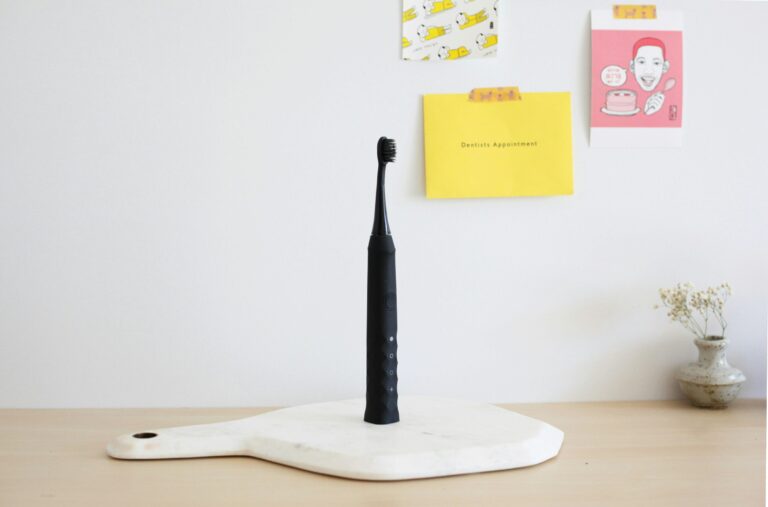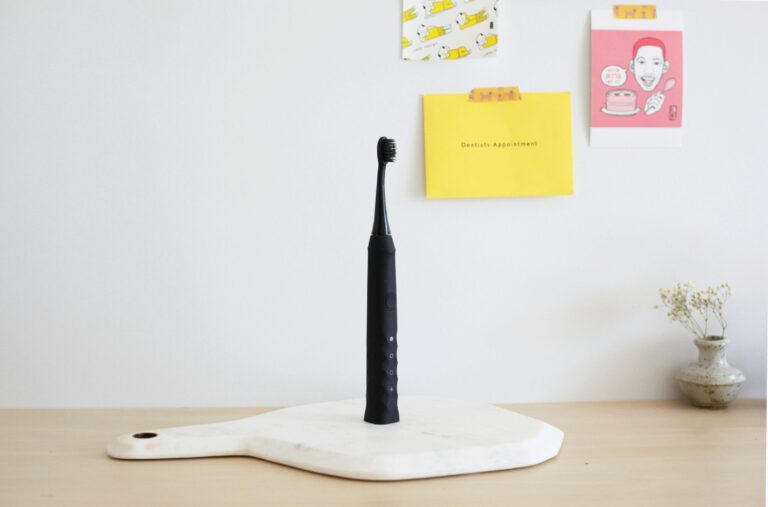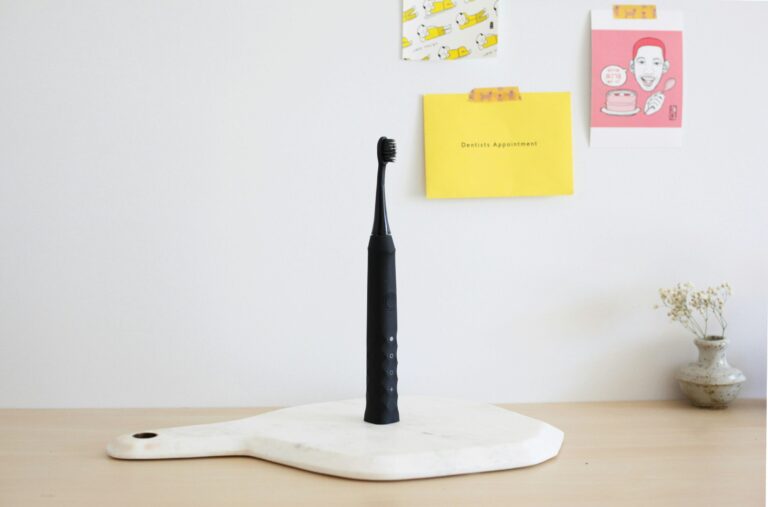Teeth whitening can be a challenge for those with sensitive teeth. The discomfort from harsh whitening treatments often deters people from pursuing a brighter smile. Fortunately, safe and gentle options cater specifically to sensitive teeth. This guide covers effective tips, techniques, and products to achieve whiter teeth without compromising comfort.
Why Do Teeth Become Sensitive?
Tooth sensitivity occurs when the protective enamel wears down, exposing the dentin beneath. This dentin contains tiny tubules that lead to nerve endings, causing discomfort when exposed to hot, cold, or acidic substances. Common causes include over-brushing, gum recession, and the use of abrasive dental products.
Understanding the root cause of your sensitivity is essential before starting any whitening treatment. Consulting a dentist can help determine the best approach for your teeth.
Teeth Whitening Tips for Sensitive Teeth
Use Whitening Toothpaste Designed for Sensitivity
Sensitive teeth require special care, and whitening toothpaste formulated for sensitivity is an excellent starting point. These products contain lower concentrations of whitening agents, reducing irritation while still brightening your teeth. Look for toothpastes with potassium nitrate or stannous fluoride to help block pain signals from the nerves.
Opt for Professional Whitening Treatments
Dentists offer professional whitening options tailored to sensitive teeth. These treatments use advanced techniques and carefully controlled concentrations of whitening agents. In-office treatments can provide noticeable results with minimal discomfort.
Try At-Home Whitening Kits with Desensitizing Gel
Some at-home whitening kits are designed specifically for sensitive teeth. They include desensitizing gels that soothe the teeth and gums, minimizing discomfort during the whitening process. Always follow the instructions carefully to avoid overuse.
Limit Whitening Sessions
Whitening sessions should be limited in frequency and duration. Overusing whitening products can exacerbate sensitivity and damage enamel. Stick to the recommended time frames provided on product labels or by your dentist.
Avoid Whitening Strips with High Peroxide Levels
Whitening strips can be convenient, but those with high concentrations of hydrogen peroxide may irritate sensitive teeth. Choose strips formulated for sensitivity, which contain gentler whitening agents.
Use Natural Whitening Methods
If you prefer a gentler approach, natural remedies like baking soda and activated charcoal can help. These methods are less abrasive but should be used sparingly to avoid enamel erosion.
Incorporate Fluoride Treatments
Fluoride strengthens enamel and helps reduce sensitivity. Using a fluoride rinse or gel before and after whitening can provide extra protection and comfort.
Avoid Foods and Drinks That Stain
Maintaining your whitening results is crucial, especially if you have sensitive teeth. Avoid coffee, tea, red wine, and other staining foods to prolong the effects of whitening treatments. Drinking through a straw can also minimize contact with your teeth.
Brush Gently with a Soft-Bristled Toothbrush
Aggressive brushing can wear down enamel and worsen sensitivity. Use a soft-bristled toothbrush and gentle pressure to clean your teeth without causing damage.
Stay Consistent with Oral Hygiene
A consistent oral hygiene routine helps prevent plaque buildup and staining. Brush twice daily, floss regularly, and visit your dentist for professional cleanings to maintain a healthy and bright smile.
Best Whitening Products for Sensitive Teeth
Whitening Toothpaste for Sensitivity
Brands like Sensodyne and Colgate Sensitive Pro-Relief offer whitening toothpastes specifically for sensitive teeth. These products whiten gently while protecting enamel.
Whitening Strips for Sensitive Teeth
Choose strips labeled “for sensitive teeth,” such as Crest 3D White Gentle Routine. These strips use lower peroxide concentrations to minimize discomfort.
Professional Whitening Kits
At-home kits like Opalescence PF or Smile Brilliant include desensitizing agents and customizable trays for a tailored experience.
Desensitizing Gels
Products like Relief ACP or UltraEZ can be used before or after whitening to reduce sensitivity and protect enamel.
Conclusion
Whitening sensitive teeth doesn’t have to be painful or risky. By choosing the right products, limiting whitening sessions, and maintaining excellent oral hygiene, you can achieve a brighter smile comfortably. Always consult with your dentist to determine the best approach for your unique needs.
Frequently Asked Questions (FAQs)
1. Can I whiten my teeth if they are extremely sensitive?
Yes, but it’s crucial to use products specifically designed for sensitive teeth. Consult your dentist for professional options or choose at-home kits with desensitizing agents.
2. How often can I whiten sensitive teeth?
Limit whitening sessions to once every 3-6 months, depending on the method used. Over-whitening can damage enamel and increase sensitivity.
3. Are natural whitening methods safe for sensitive teeth?
Natural methods like baking soda and activated charcoal can be gentle alternatives, but use them sparingly to avoid enamel erosion.
4. How long do results from whitening treatments last?
Results vary depending on your oral hygiene and dietary habits. Avoid staining foods and drinks to prolong the effects of whitening treatments.
5. What should I do if whitening products cause discomfort?
Stop using the product immediately and consult your dentist. They may recommend desensitizing treatments or alternative whitening options.



